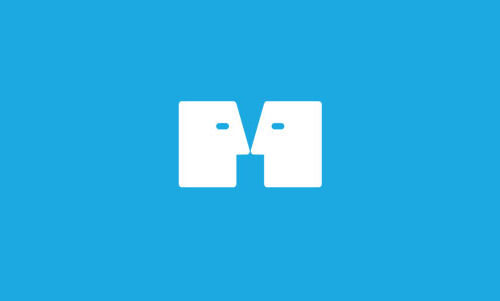Health

Makovsky
Friday, February 13, 2015Bill Cosby and Brian Williams – two vastly different situations, yet both downed by the speed of keyboard clicks.
Transparency has entered the Age of Convergence. Social media, the 24-hour news cycle, and instantaneous smartphone technology are connecting individuals and laying out narratives side-by-side for all to examine. Suddenly, people who were isolated or compartmentalized are able to share common experience and challenge celebrity icons. The voice of one can be magnified immediately with the simple addition of a hashtag.
For both Cosby and Williams, this convergence of individual perspectives meant one person’s experience could be affirmed by many others. One tweet, a blog comment, followed by the drumbeat of others adding their voices, turned into a groundswell of outrage.
For Cosby the voice of one courageous woman in the digital age served as a rallying cry for others to express their outrage and pain after decades. If earlier claims of sexual abuse fell on deaf ears – the magnitude of Cosby’s storytelling star power versus the “claims” of a “star-struck” actress – Twitter was able to create critical mass of other people’s stories. Many chilling accounts came forward, and at a time when personal transparency is the norm, the voice of many became accepted fact. Loveable Dr. Heathcliff Huxtablewas ferreted out as abuser Mr. Hyde. Cosby was at the center of his own Arab Spring.
But what of Brian Williams – a completely different situation? The path to public disclosure is the same. A story told to fragmented groups and embellished is discovered a decade later to be false. Why and how? Again, digital convergence.
With the ease of a hashtag, Brian Williams’ celebrity status (#brianwilliamsmisremembers) was questioned by people involved in the harrowing Iraq wartime escapades. Suddenly, his personal account of events was challenged and corrected by a tight-knit community of Desert Storm veterans – turned into an online chorus. Williams could have self-corrected, but his “misremembered” statement – a poor apology – threw people off and only enraged the offended further.
As a combat veteran, I have empathy for Williams. Too often those surrounded by overwhelming events – even on the periphery of the action – find themselves drawn into the center, unable to separate objective reporting from the actual scene. The more they replay the DVD of what occurred overall in their minds, the more the actors shift. Observers who witness and experience events so vividly suddenly imagine themselves part of the action. Perhaps that explains what happened to Williams – an emotional recreation of others’ experiences – when he exaggerated. Still, it does not excuse how he or NBC handled the communications.
For these men, beloved American icons and influencers in their own way, technology helped topple their reputations and likely careers. Bad behavior – rape allegations and a disregard for truth – will not be forgotten or forgiven quickly.
In this Age of Convergence, where past and present events collide, and audiences once geographically and demographically distant from one another find themselves on common ground in an online community, disparate digital voices can contribute to a new truth narrative. For Cosby, the digital community will block him from regaining his star status. For Williams, hopefully, it will let him move on and heal.
For pharma leaders following these celebrity examples, it’s a time to acknowledge, there are few secrets and little that can be hidden. Transparency is the coin of communications today, and when our image of events conflict with patients, physicians, payers, and policymakers, we can expect that they will converge and emerge online.
-Gil Bashe











